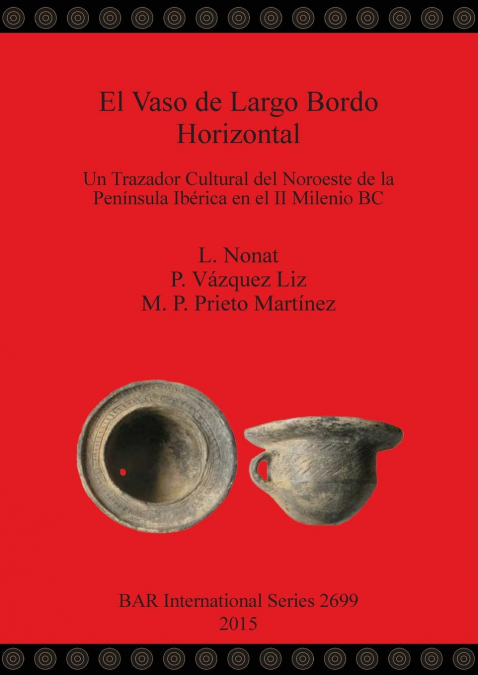
L. Nonat / LNonat / M. P. Prieto Martínez / MPPrieto Martínez / P. Vázquez Liz / PVázquez Liz
In this paper the authors study a specific type of pottery from the northwest Iberian Peninsula, known as the Wide Horizontal Rim (WHR) vessel. One of its distinctive aspects is precisely the fact that it is exclusively found in this region, which now comprises the Spanish region of Galicia and northern Portugal, as far south as the River Duero. This type of pottery, of which there are only scarce references in literature, has a greater impact than its presence in the archaeological record. For this reason, the authors carried out the first systematic global study for the region, consisting on identifying the WHR pottery type from an extensive catalogue of 76 vessels, some of which are little-known or completely unknown, characterising the pottery as the first step. Four formal groups were identified, only two of which can be referred to as WHR vessels (WHR1 or the ‘classic’ shape, and WHR2), while the other two groups are referred to as vessels with WHR. They then contextualise the different groups classified in the different types of sites to which they are associated, in three main spheres where WHR vessels are found: the funerary sphere (the best known), domestic sphere and undetermined, in a total of 49 archaeological sites. In the north of Portugal, the archaeological record points towards a preferred distribution of these sites in the interior, on the contrary to the situation found in Galicia, where there seems to have been a preference for coastal areas. After examining the contexts the authors offer a summary and review of the available datings associated with WHR vessels to date in order to propose a chronological table, indicating the distribution of WHR vessels and vessels with WHR over time, based on an analysis of the absolute and relativechronology.